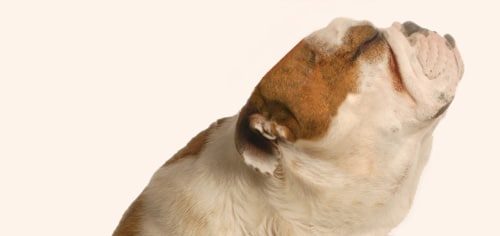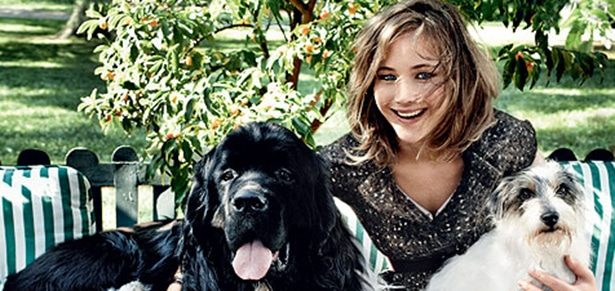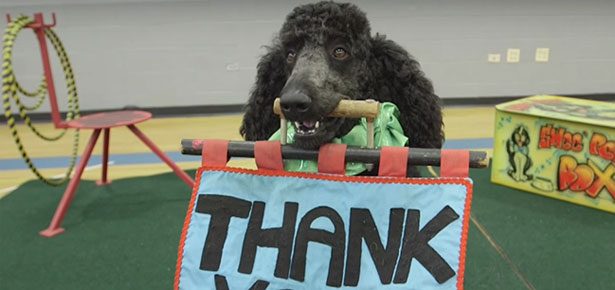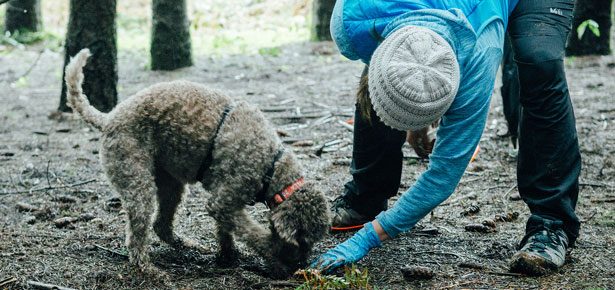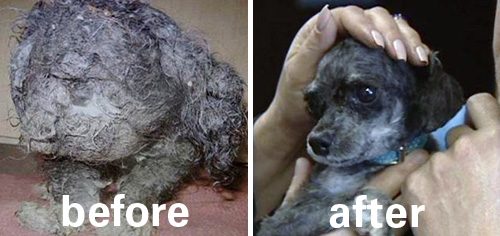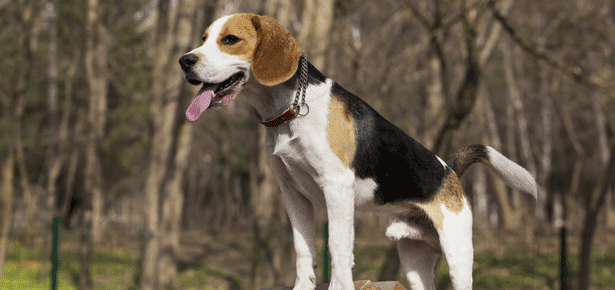
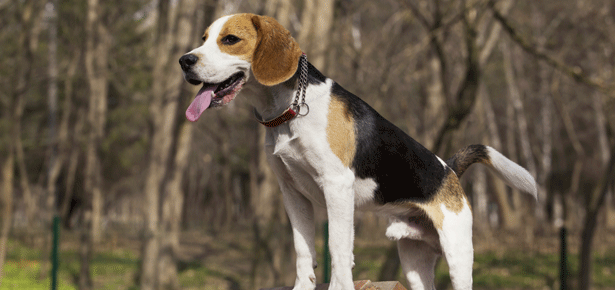
Beagle Freedom Project Challenges Scientists to Pioneer Animal Testing Replacements
Recent Lecture by Yale Professor Underscores Need for Change
Following Yale’s Dr. Michael Bracken’s findings that 87.5 percent of funding is wasted annually in biomedical research, Beagle Freedom Project released its request for proposals to scientists and teams to submit grant applications for projects providing innovative solutions for animal testing replacements. Application deadline is Oct. 1, 2016.
A lecture by Yale University Professor Dr. Michael Bracken’s to the National Institutes of Health about inefficiency and waste in biomedical research shed light on the use of animal testing in medical research. Findings such as Dr. Bracken’s support Beagle Freedom Project’s stance that medical research can no longer rely on the use of animals in cruel and controversial experiments. There is a burgeoning movement within the research community to find more accurate models and methodologies that can replace the failed animal tests.
However, a lack of funding and strong opposition from entrenched animal-industry interests have stymied this effort – which is why Beagle Freedom Project has stepped up to the challenge and announce in July it will be awarding $250,000 in grant funding. The Los Angeles-based national nonprofit is providing the awards thanks to a Microsoft Foundation grant it received last year.
In his lecture, Dr. Bracken highlighted many reasons for the waste including the many research projects that go unpublished, which can lead to duplication of work, and other studies are simply poorly designed, making their findings unreliable. He also noted that preclinical research, which includes animal experimentation, is a significant contributor to biomedical research waste. Many animal studies are poorly designed and ignore basic bias-reduction procedures, such as blinding and randomization, according to Bracken. He says these basic issues with study design put animal study methodology 40 years behind human clinical study design.
These findings further underscore the need for replacing the common use of dogs and other animals in research, testing, and/or education with non-animal approaches, such as in-vitro and in-silico methodologies, among others.
The Beagle Freedom Project Prize will award $50,000 each to five scientists and research teams committed to replacing dogs and other animals in violent, cruel experiments. Larger-sized grants may be made available to fewer awardees depending on the nature, merit and need of the winning proposals. The goal is to address some of the issues Bracken mentioned in his lecture. His lecture titled, “Inefficiency and Waste in Biomedical Research: How Prevalent Is It, What Are Its Causes, and How Is It Prevented?” noted that each year more than $200 billion is spent on biomedical research globally and 87.5 percent of that may be wasted.
“The Food and Drug Administration has confirmed that 92 percent of drugs that test safe and effective in animals are failing in Phase I clinical trials, and each one of those failures represents a colossal waste of time and money,” says Shannon Keith, president of the Beagle Freedom Project. “The Beagle Freedom Prize represents an investment in a future when animals are no longer maimed and killed to provide us with misleading data.”
She further explains that animal models are antiquated and cannot give reliable data about drug response or disease pathology because of important differences between species.
“Scientists that use animals are increasingly running into brick walls because they’re trying to answer 21st century questions with a 19th century research method,” says Keith. “We hope the Beagle Freedom Prizes will help these scientists and teams jumpstart new humane and cutting-edge research. Animals may have been able to give us useful information when we were in the medical dark ages, but now that we’re asking questions about how things work on a genetic and molecular level, they are failing.”
The Beagle Freedom Prize represents a new direction for the LA-based charity, which is in its fifth year of opera t ion. Primarily known for emotional rescues of animals from laboratories, the group has diversify ed its approach to challenging animal testing with projects that include the development of a smartphone app that makes cruelty-free shopping easy, supporting legislation that mandates the post-research release of dogs and cats, and the filing of lawsuits that demand more transparency from tax-payer subsidized labs.
Applications are being accepted on the organization’s website for the Beagle Freedom Prize. Qualified researchers are invited to apply by the deadline of Oct. 1, 2016. A panel of scientists will evaluate all applicant submissions and winning proposals will be announced and awarded in November 2016. To highlight the winners and their prospective fields of investigation, Beagle Freedom Project is planning a 2017 symposium.
If successful, Beagle Freedom Project hopes to make the Beagle Freedom Prize an annual contest with larger grants. For more information about the Beagle Freedom Project, please visit BeagleFreedomProject.org.
Join the newsletter and never miss out on dog content again!
"*" indicates required fields
By clicking the arrow, you agree to our web Terms of Use and Privacy & Cookie Policy. Easy unsubscribe links are provided in every email.
